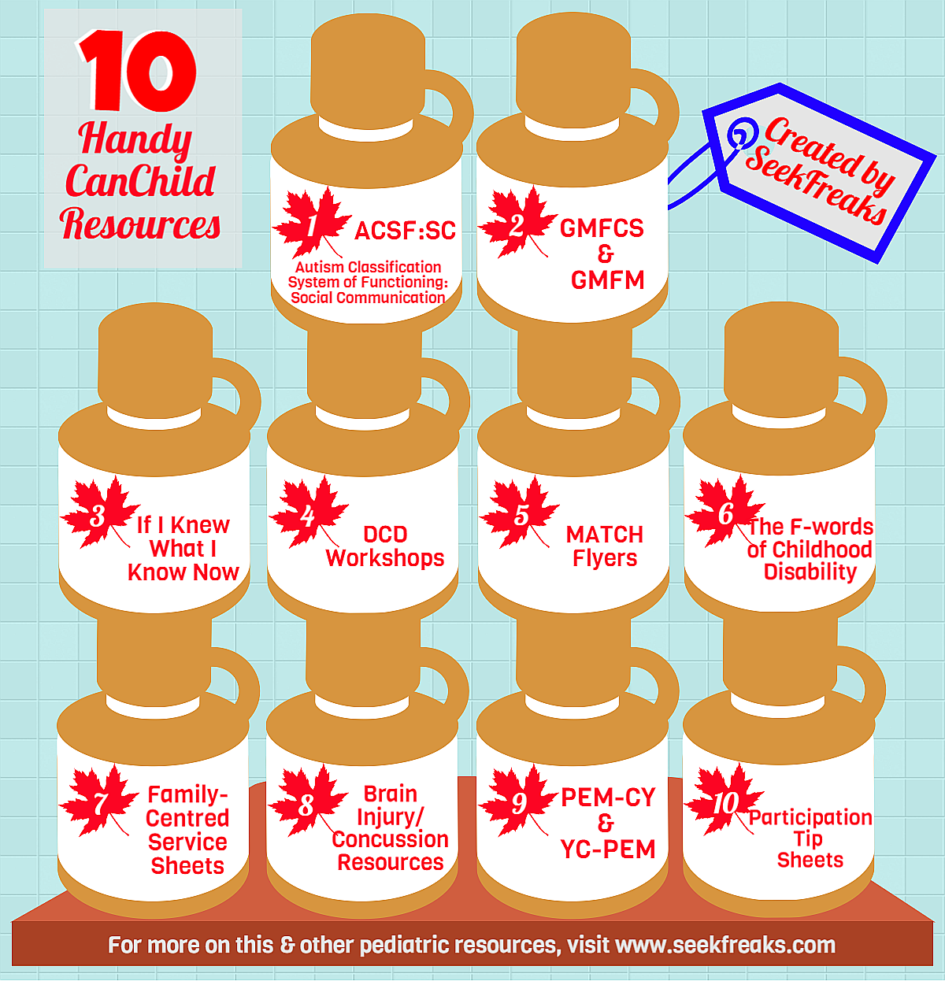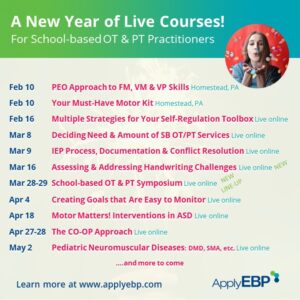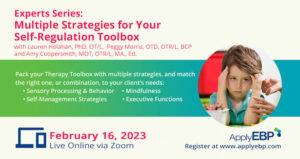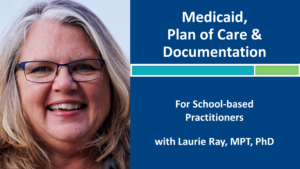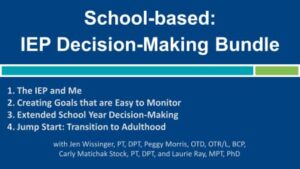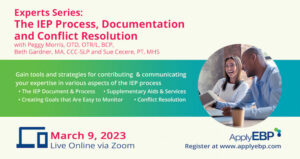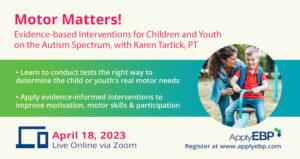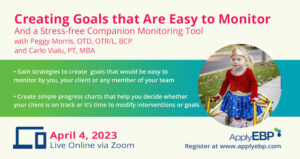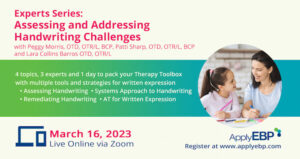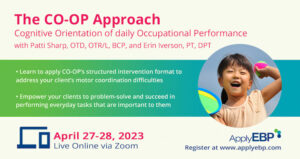[smbtoolbar]
I can’t believe we let Canada’s Sesquicentennial Anniversary (aka 150th Year) on July 1, 2017 go without a shout out on the great work of our colleagues up North on conducting research and creating resources. So we decided to highlight the work of one of our favorite resources, CanChild!
Here is SeekFreaks’ list of 10 Handy Resources from CanChild. By the way, it was hard to choose just 10, especially since our friends from CanChild are always busy creating new easy-to-use meaningful resources. Our list will contain some classic materials and some recent ones. We also try to have a good mix of resources for different needs, diagnoses etc.
For those of you still enjoying your vacation, these are also great late summer reads!
1. Autism Classification System of Functioning: Social Communication (ACSF:SC)
- When I heard that the same folks who introduced the now widely-used GMFCS is creating a tool for children with autism, I got really excited. Here is another great tool that focuses on what children CAN do, instead of what they cannot do…I’m having an even greater appreciation of the name CANChild!
- Like the GMFCS, there are 5 levels with Level I describing the highest function.
- Currently, the tool is only for children ages 3-6 years.
- They have tested the tools reliability. It can be completed quickly by parents & professionals who are familiar with the child’s social communication abilities.
- The ACSF:SC provides a way for parents and clinicians to talk about the child’s social communication abilities in 2 situations: Typical Performance & Capacity (performance when child is at his/her best).
- Uses:
- Same language, better communication: “When parents and professionals work together they understand each other better and focus on ability. This may allow them to better plan how best to work on meaningful functional goals, including social communication.” (CanChild)
- Intervention planning: Knowing the child’s best performance vs. typical performance “may provide valuable insight about how to improve social communication functioning across all situations.” (ACSF:SC Tool User Guide)
- More research on ACSF:SC is being conducted to:
- Develop versions for other age levels
- Look for changes in ACSF:SC level over preschool
- Others
- What else are you waiting for? Download it now and use it.
2. GMFCS & GMFM
- Remember our article Functional Classification Systems for Children with Cerebral Palsy? We got all the great resources about the GMFCS from this resource page.
- Download the GMFCS and the GMFM and keep them handy.
- And use the Gross Motor Ability Estimator (GMAE-2) for free if you are conducting the GMFM-66.
- What great 2-pager to hand out and discuss with parents of children and youth with CP!
- Here are some tips and lessons FROM parents TO parents.
- Includes such areas as advocacy, taking care of yourself and working with others.
- We should have more of this type of resource to make communication with families easier…since the advice comes from those with similar experiences.
4. Developmental Coordination Disorder (DCD) Workshops
- Still trying to understand DCD? Then take their online modules with videos.
- There is a general version and a physiotherapy version.They even have versions in French.
- To quote, the physiotherapy module provides “a tool to help improve services for children with DCD and foster improved health outcomes.” (CanChild)
5. MATCH Flyers
- While we’re on the topic of DCD, here is another great resource: their MATCH flyers for educators.
- Created for different grade/age levels (Kindergarten to Adolescents) with coordination difficulties or with DCD, they provide great suggestions in helping students succeed in various school tasks (e.g., handwriting, gym participation, falling and walking in line for recess, etc.)
- Help teachers support the child’s success in school via the suggestions to MATCH:
- Modify the task
- Alter the suggestions
- Teaching strategies
- Change the environment
- Help by understanding
- Your teachers will love you for these great resources!
6. The F-words of Childhood Disability
- The title caught you by surprise? Don’t you want to know what it’s about.
- I hate to be a spoiler so I won’t tell you.
- For some comfort, this was based on the paper by 2 of CanChild’s esteemed researchers, Dr. Rosenbaum and Dr. Gorter.
- Learn the 6 F-words that fit so nicely into the ICF framework. Remember SeekFreaks’ Amusing Musings on the ICF? The 6 F-words give me 6 more reasons to love the ICF even more.
- Let’s use these words more in team meetings, when speaking with families and intervention planning.
7. Family-Centred Service (FCS)
- We know by now that working with the family is essential in helping the child achieve their goals, but what makes services family-centered? How do you know if you are family-centered?
- Start with CANChild’s 3 online FCS Sheets:
- FCS Sheet 1: What is family-centred service?
- Learn the premises, principles and elements of FCS
- FCS Sheet 2: Myths about family-centred service
- Is FCS a fad? Aren’t current services already family-centered? Does family-centered mean families always get what they want?
- FCS Sheet 18: Checklists – Are we really family-centred?
- Now you know the basics, time to evaluate whether you are family-centered, and see what you and your organization need to work on to become even more family-centered.
- By the way there are 18 FCS sheets. Contact CanChild for the others. Contact information is available in the above FCS Sheets.
- And for the sticklers out there like me…there is no typo up there. They spell it “centred” with what looks like a missing “e”. Breathe in and out deeply (like I’m doing right now) and you’ll be ok.
- FCS Sheet 1: What is family-centred service?
8. Brain Injury/Concussion Resources
- What a timely collection of brochures, reminding us that concussion is a brain injury, and how to deal with it.
- These guidelines/brochures should be discussed with the child’s physician and whoever works with the child (educators, therapists, family members, etc.)
- There are guidelines for return to activity, return to school, for infants and toddlers, and activity suggestions for recovery steps from toddler to teenage years.
9. Participation and Environment Measure for Children and Youth (PEM-CY)
- I will never tire of saying Everything’s Measurable! including participation.
- Here is a comprehensive tool for measuring children’s participation at home, in school and the community
- Quantify their current participation level and improvement in the future!
- Learn what specific factors serve as barriers and facilitators to their participation…useful knowledge for planning interventions.
- Yes, there is a fee to buy the tool, but there’s a parent version that’s FREE to use here, just scroll down.
- By the way, they also created the YC-PEM for younger children.
- While on the topic of participation, here are tools parents and children can use to advocate for improving their own participation in such activities as art lessons, swimming, organized group activities, among others.
There are a lot more informative resources on the CanChild website. We just limited it to 10 so as not to be overwhelming. Let’s continue with tradition (see our Handy APTA, AOTA & ASHA Resources) and bundle these up to basic toolboxes, if you will, that you can use depending on your role and needs.
4 Bundles of CanChild Fact Sheets to Suit Your Particular Needs
Bundle #1: Handouts for New Therapists & PT Students
This bundle would be perfect for clinical instructors to hand out to their students. It is also ideal for new PTs, and seasoned PTs who are new to pediatric practice.
- The F-words of Childhood Disability
- Together with the ICF Amusing Musings, this is a great introductory or reminder material
- Family-Centred Service (FCS)
- Learn how to make your service family-centered from the very start
- Participation and Environment Measure for Children and Youth (PEM-CY)
- Can you add this to your toolkit?
Bundle #2: Handouts for Families/Parents/Guardians/Caregivers
As the name implies, this bundle is for families and caregivers. Don’t overwhelm them by handing these out at one time. Select only what’s right for your purpose, and make sure you discuss the contents of the resource with the family. Finally, don’t forget to check with your supervisors to see if it’s ok to hand these out.
- If I Knew What I Know Now
- Empower parents with this brochure
- MATCH Flyers
- Share some MATCH flyers with parents and explain to them which ones they can apply at home.
- Participation Tip Sheets
- Empower families with this tool
Bundle #3: For In-service Training for School or Medical Staff and Community Providers
Asked to conduct an in-service for your school or medical team? Here are some materials to choose from.
- Family-Centred Service (FCS)
- Does your organization provide FCS? Use the checklist and discuss what needs to be implemented in the future to become truly family-centered.
- Teachers would love you for this
Autism Classification System of Functioning: Social Communication (ACSF:SC)
- Start speaking the same language right here
- GMFCS & GMFM
- Another tool to be on the same page and use the same terms
Bundle #4: Discussion Topics for Therapist Meetings
Here are some topics to discuss at your therapist meetings. Make it interactive and have a lively debate.
- Developmental Coordination Disorder (DCD) Workshops
- Go through the slides together and discuss them afterwards.
- Brain Injury/Concussion Resources
- Discuss your roles as therapists in helping children with concussion
- GMFCS & GMFM
- Discuss how you use these tools for prognostication and intervention planning.
- How do you present your, sometimes difficult to communicate, findings to parents & colleagues?
Did we miss any resources that are in your Top 10 list? Let us know by commenting below.
